Butterfly Loves Flower (1978)
Género : Drama
Tiempo de ejecución : 0M
Director : Yuan Naichen, He Keren
Sinopsis
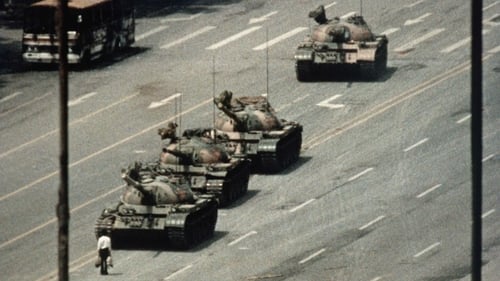
The Gate of Heavenly Peace is a feature-length documentary about the 1989 protest movement, reflecting the drama, tension, humor, absurdity, heroism, and many tragedies of the six weeks from April to June in 1989. The film reveals how the hard-liners within the government marginalized moderates among the protesters (including students, workers and intellectuals), while the actions of radical protesters undermined moderates in the government. Moderate voices were gradually cowed and then silenced by extremism and emotionalism on both sides.
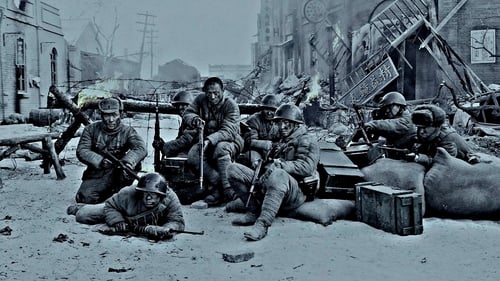
Un soldado intenta ganar el reconocimiento para sus camaradas, muertos en 1984 en la guerra civil entre las fuerzas comunistas y nacionalistas del Kuomintang (KMT)

Documentary about the life of Sidney Rittenberg, an American who spent over 30 years in China and was an active participant in the Chinese communist revolution.

Un despiadado bandido gobierna las tierras del noroeste de China desde su fortaleza en la montaña del tigre. Un capitán del Ejercito Popular de Liberación lanzará una ofensiva contra el dictador y enviará a un investigador para que se infiltre en sus filas y los destruya desde el interior.

This is the story of a Chinese hacking the American capitalist system, a Czech fight, chickens, doomsday.
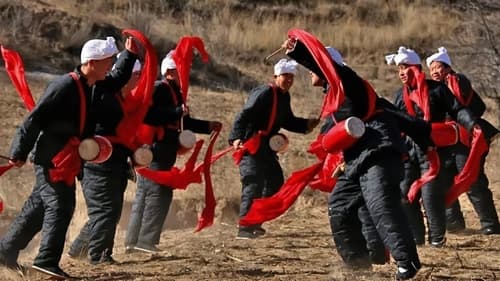
En 1939, un soldado llega a una aldea de la provincia de Shaanxi del norte para recopilar canciones populares que, tras modificarles las letras, serán cantadas por el ejército comunista allí donde vaya. Este hecho cambiará para siempre la vida de una chica campesina de 14 años que vive en el lugar.

Pre-Cultural Revolution propaganda at its most lavish, this model opera depicts the history and evolution of the Communist Party of China under Mao Zedong from its founding in July 1921 to the establishment of "New China" in 1949. Detailed in the musical are several key events in CPC history such as the Northern Expedition, the KMT-led Shanghai massacre of 1927, the Nanchang Uprising and formation of the People's Liberation Army, the Long March and the founding of the PRC on October 1, 1949.

Xu Xin’s film “Dao Lu” (China 2012) offers an exclusive “in camera” encounter with Zheng Yan, an 83 year-old veteran of the Chinese Red Army, who calmly relates how he has navigated his country’s turbulent history over three-quarters of a century.Born to a wealthy family in a foreign concession, Yan joined the Chinese Communist Party (CCP) in 1941 because he sincerely believed in the socialist project, and in its immediate capacity to free China from the Japanese yoke and eradicate deep-rooted corruption.


As the Communist Party of China celebrates its 100th anniversary, this documentary looks back at the party’s history, from the 1920’s, to the Civil War, the Great Leap Forward, the Great Famine, the Cultural Revolution and the reforms by Mao Zedong and Deng Xiaoping. Did the Great Famine cost more than 15 million lives? How does the Cultural Revolution continue to shape Chinese politics today? What was capitalism like after Mao’s death? Through rare and never-before-seen historical footage, expert interviews and eyewitness accounts of the Great Famine, Tiananmen incident, and the Cultural Revolution, get to know how one party has so profoundly shaped China.

October 1st, 1957. Dusk descends on Tiananmen Square, Peking. Fireworks crackle light across the night sky, above a city alive with National Day festivities and celebrations. Two intrepid New Zealand film-makers - Rudall and Ramai Te Miha Hayward - are there, documenting the life and times of communist China.

The story of Li Dazhao's revolutionary deeds from 1912 to 1927, and the story of the benevolent and revolutionary pioneers who were led by him to devote themselves to the great cause of Marxism
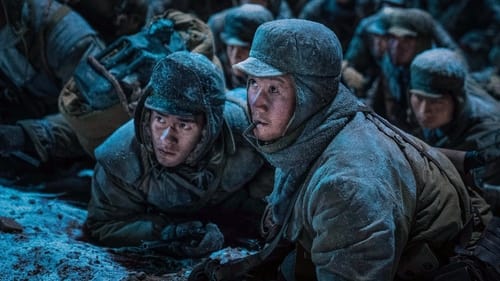
Los soldados chinos ganaron la batalla en el lago Changjin, también conocida como la batalla del embalse de Chosin, en condiciones climatológicas extremas. La lucha entre Estados Unidos y China, que tuvo lugar desde el 27 de noviembre al 24 de diciembre de 1950, es considerada como una de las batallas más violentas de la Guerra de Corea.
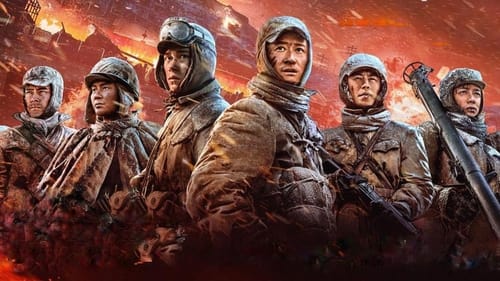
Secuela de "The Battle at Lake Changjin" que se centra en los soldados del CPV (Chinese People's Volunteers) en una nueva misión crucial para vencer a las tropas norteamericanas.
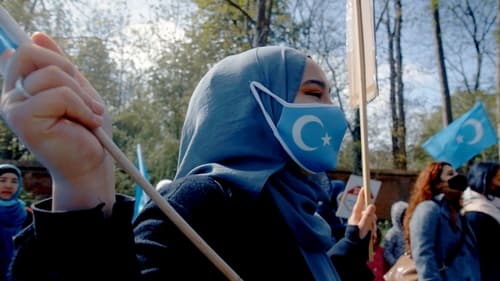
A relentless chronicle of the tragedy of the Uighurs, an ethnic minority of some eleven million people who live in the Xinjiang region of northwest China, speak a Turkic language and practice the Muslim religion. The Uighurs suffer brutal cultural and political oppression by Xin Jinping's tyrannical government: torture, disappearances, forced labor, re-education of children and adults, mass sterilizations, extensive surveillance and destruction of historical heritage.













